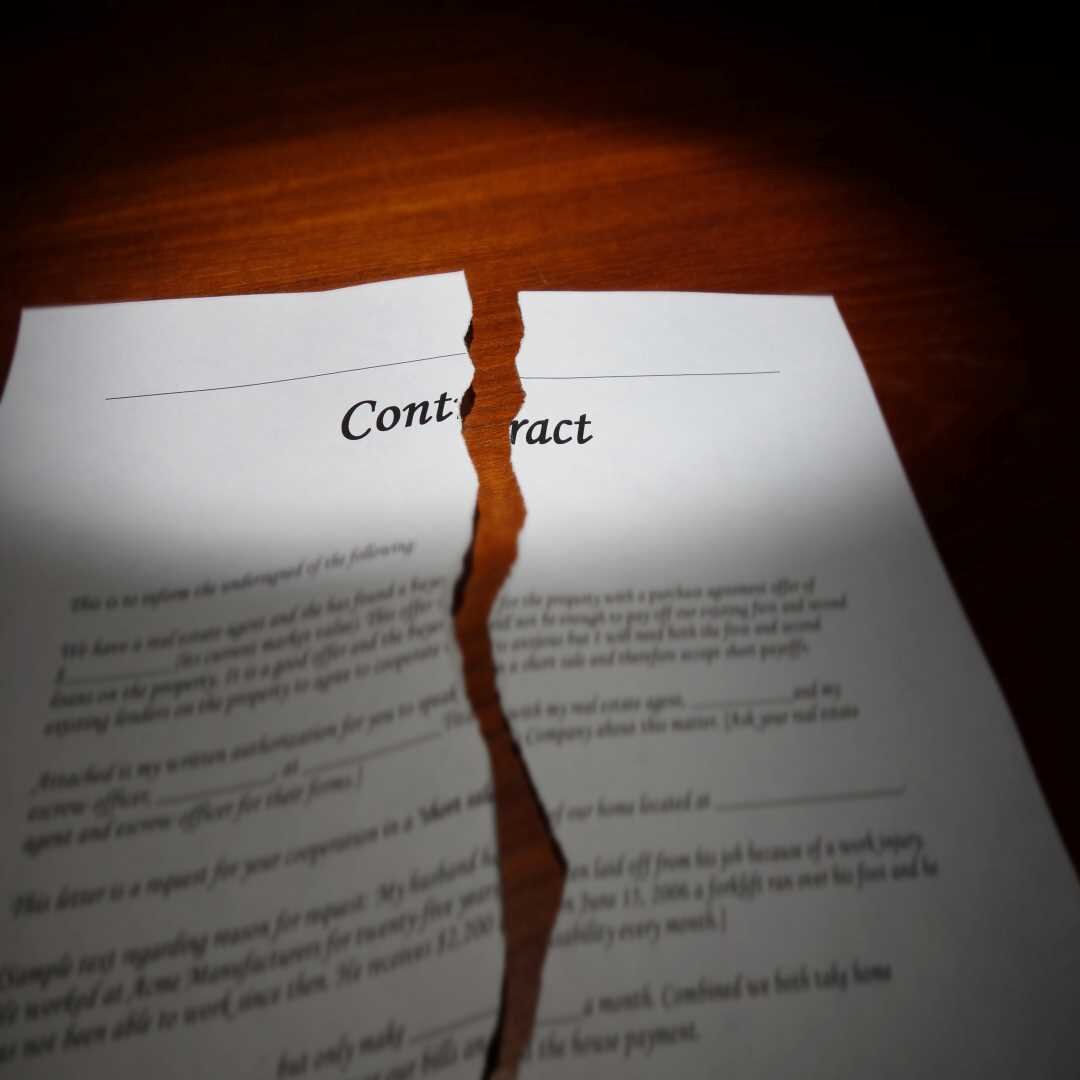
Latest News
Check out new updates
Unilateral termination of a football player’s contract
The consequences of terminating a contract will depend on whether there is just cause, or possibly sporting just cause, or not, and whether one is within the protected period of three / two years. Both the player and the club may be liable to pay compensation and could even risk sporting sanctions.
The FIFA guidelines on Covid-19
The outbreak of Covid-19/the coronavirus has forced the vast majority of the world’s football organisations and associations to suspend football activities to one extent or another. At present, all international competitions and most domestic competitions are suspended, whilst most countries have applied strict restrictions to avoid crowds, which strongly affect the possibility to organise team trainings. As a result of the challenges football faces due to Covid-19/the coronavirus, 7th April FIFA issued guidelines that address the legal consequences of Covid-19. This article will examine the guidelines regarding the contractual relationship between clubs and players, more specifically to what extent the guidelines can and will affect the clubs’ and players’ rights and obligations according to the player contracts.
History of FIFA transfer regulations
In January 2019, FIFA released a global transfer market report that revealed, inter alia, that the total spending on international transfers in 2018 reached a new high of USD 7.03 billion, 10.3% more than in 2017. A new record was set with 16,533 international transfers, 5.6 % more than in 2017, involving 14,186 players of 175 different nationalities. The highest transfer fee paid was the transfer of Neymar from FC Barcelona to PSG, priced at USD 263 million.
If comparing these figures with football transfers historically, the level of transfer fees being paid for players has been exploding in recent years. In 1995, in comparison, only USD 403 million were spent on 5700 international transfers.



